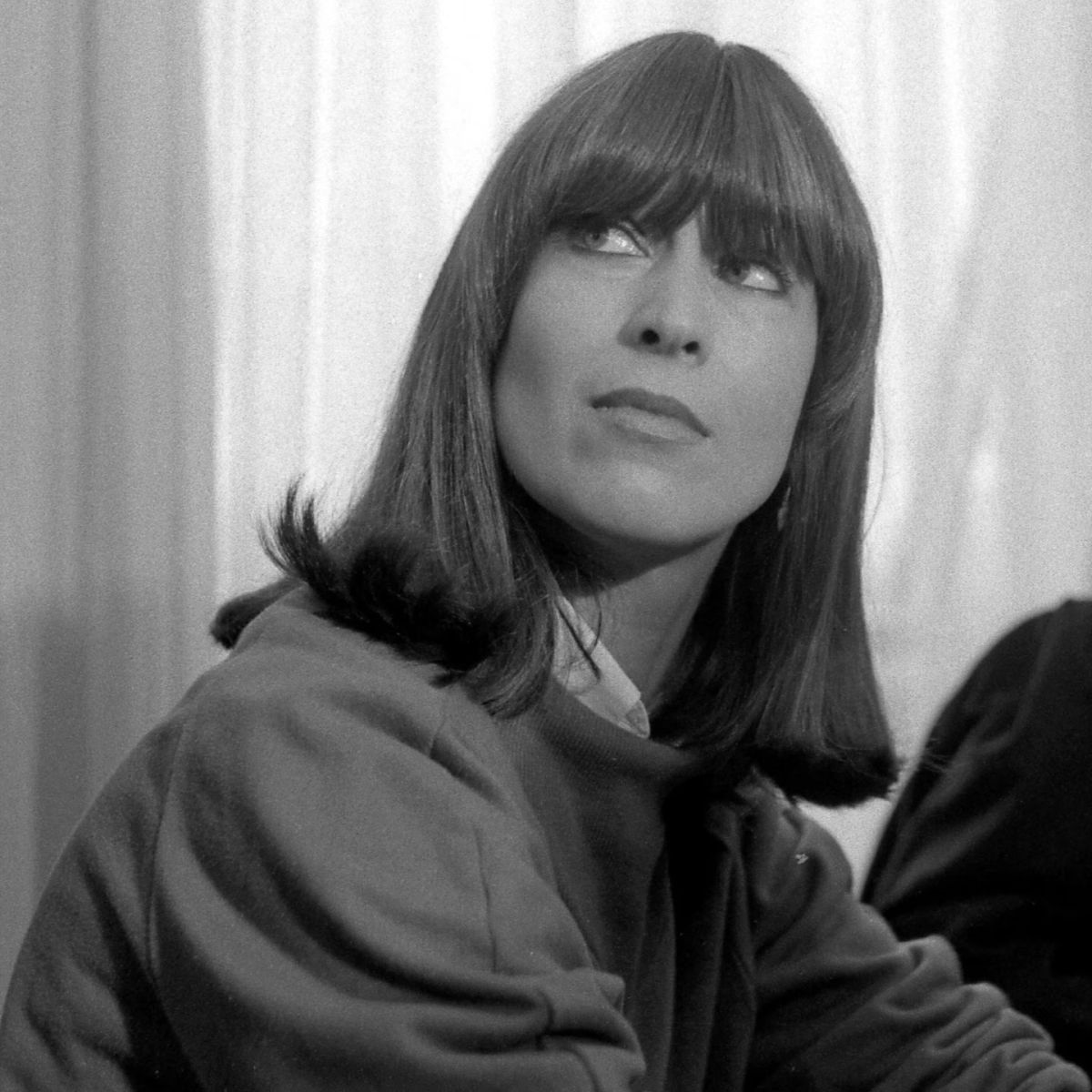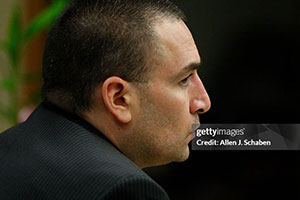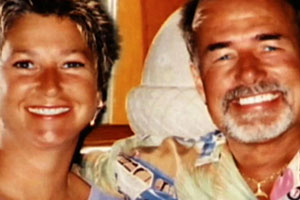Unveiling the Story of Marianne Bachmeier: A Mother Who Took Justice into Her Own Hands
Crime | by
Marianne Bachmeier’s act of revenge in 1981 was described by the NDR broadcaster as “the most attention-grabbing case of self-administered justice in post-war German history.”
Before she was known by the nickname “the avenging mother,” Marianne, born in 1950, was a single mother struggling to get by in the city of Lübeck. She ran a bar, lived an “open and cheerful” life, and raised her 7-year-old daughter Anna.

Marianne Bachmeier
The tragedy struck mother and daughter on May 5, 1980. After arguing with her mother, Anna skipped school that day and went to play at a friend’s house. But on the way, she was kidnapped by 35-year-old Klaus Grabowski, a butcher who lived in the neighborhood. Grabowski had a prior conviction for sexually abusing two children. While in prison, he had volunteered for physical castration in 1976, and two years later underwent hormone therapy. But these measures apparently did not prevent him from reoffending.
According to investigators, Grabowski held Anna at his home for several hours before strangling her with stockings. It’s unclear if he sexually assaulted her, but he then hid her body in a cardboard box and buried it sloppily along a nearby canaGrabowski
Grabowski was arrested that same evening after being reported by his fiancée. In police interrogation, he admitted to strangling Anna but denied sexually abusing her. He claimed he committed the crime after the victim tried to extort money from him, alleging that Anna had tried to seduce him and threatened to tell her mother about being molested if he didn’t pay her.
Grabowski’s statement only fueled Marianne Bachmeier’s rage. Her opportunity for revenge finally came when Grabowski was put on trial for murder a year later.
During the first two days of the trial, the defense lawyer argued that Grabowski’s crime was due to a hormonal imbalance from the hormone therapy he had undergone after his voluntary castration years earlier.
On the third day of the trial, March 6, 1981, Marianne Bachmeier secretly brought a 5.6mm revolver in her purse. When she encountered Grabowski in the courthouse lobby, she fired 8 shots, 7 of which hit him in the back, killing him on the spot.
Video of Marianne Bachmeier taking revenge during the trial
Witnesses reported that Marianne made several self-incriminating statements after shooting Grabowski. The judge who spoke with her said she heard the grieving mother say: “He killed my daughter… I wanted to shoot him in the face but only managed to hit his back. I just wanted him dead.” Two police officers also confirmed they heard Marianne call Grabowski a “pig” after the shooting.
On November 2, 1982, the mother who lost her child was charged with murder.
During her own trial, Marianne claimed she had the gun on her but had no intention of killing Grabowski until she heard he planned to lie about Anna in court. The defense argued that Marianne was not in control of her actions, and that the authorities also bore some responsibility for allowing Grabowski to undergo hormone therapy, which restored his sexual urges and led to his attack on Anna.
Marianne’s trial attracted huge media attention, with film crews from around the world descending on Lübeck to cover the proceedings. But what generated the most discussion were the details of Marianne’s own troubled life.
After paying for exclusive rights to Marianne’s story, the weekly magazine Stern published a series of articles delving into the trial and Marianne’s background as a struggling single mother.
Deprived of a mother’s love, abandoned by her alcoholic father, and frequently beaten by her stepfather, Marianne had her first out-of-wedlock child at age 16. Three years later, she was raped while pregnant with her second child. Both of those children were placed with adoptive families shortly after birth.
According to psychologists, Marianne’s traumatic childhood and unhappy relationships made her emotionally unstable and an “easy target” for men. As a result, Anna, Marianne’s third and most cherished child, became a friend and confidante to her.
The magazine articles sparked much debate among readers. Some saw Marianne as a distraught mother seeking justice for her daughter, while others condemned her as a cold-blooded killer. Many empathized with her motives but still condemned her actions.
Beyond the moral questions, the case also raised legal issues – whether Marianne’s shooting of Grabowski was premeditated murder or manslaughter. The different charges would lead to vastly different sentences.
Based on the evidence presented, the prosecution downgraded the charge from murder to manslaughter and recommended an 8-year sentence. In the end, in March 1983, Marianne was convicted of manslaughter and sentenced to 6 years in prison.
In a poll by the Allensbach Institute, 28% of Germans felt the 6-year sentence was appropriate, 27% thought it was too harsh, and 25% believed it was too lenient.
In June 1985, Marianne was released from prison after serving half her sentence. She moved to Nigeria, remarried, and lived there until the 1990s. After a divorce, she settled in Sicily, Italy, until being diagnosed with pancreatic cancer, at which point she returned to Germany.
In a 1995 television interview, Marianne acknowledged that she had deliberately shot Grabowski, explaining that her aim was to ensure justice was served and to prevent him from lying about Anna in court.
Marianne died on September 17, 1996 at the age of 46, and was buried next to her daughter Anna.

